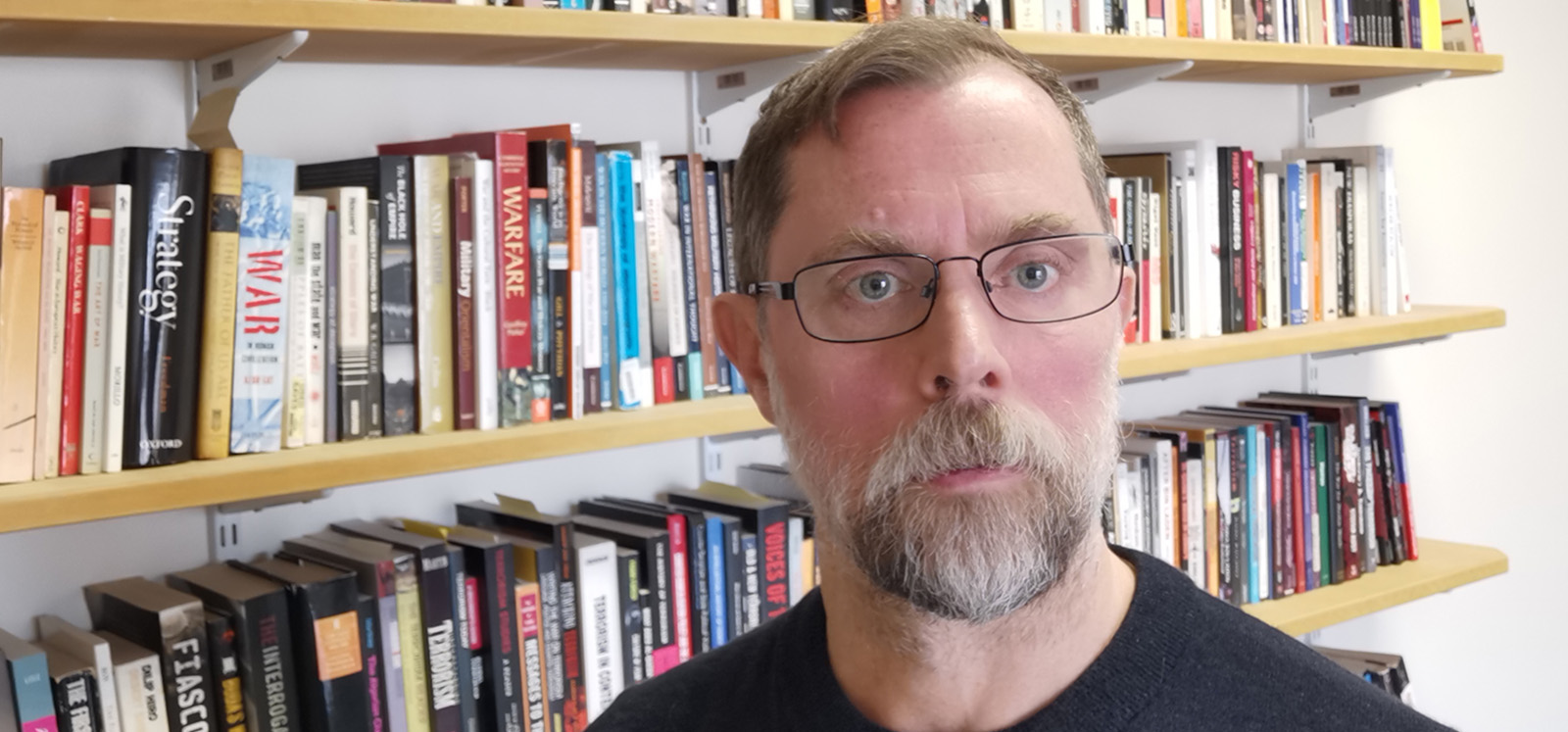Talking to Americans about Northern Ireland: A Historical View
Dr Shane Brighton

Concern at the impact of Brexit on Northern Ireland has escalated American criticism and political pressure on the UK Government in Washington and beyond. The stakes are potentially significant.
Amid the more positive post-Windsor Framework atmosphere, the Biden Administration has linked improved UK-EU trade arrangements with increased American investment, a prospect hopefully bolstered by the recent Northern Ireland Investment Summit.
Importantly, the Northern Ireland Protocol and the controversial Northern Ireland Troubles (Legacy and Reconciliation) Bill have been a focus for a bipartisan lobby group, the Ad Hoc Committee to Protect the Good Friday Agreement. The Committee, whose membership includes President Biden’s Special Envoy to Northern Ireland, Joseph Kennedy III, has engaged in consistent dialogue with British diplomats and expressed their views to successive Prime Ministers since its creation in 2019.
Funded by the School of HAPP and the QUB ESRC Impact Acceleration Scheme, I visited Washington DC in the first week of September to undertake archival research and meet with officials at the British Embassy.
I gave a presentation at the Embassy, entitled ‘Talking to Americans about Northern Ireland: a Historical View’, based on my current book project on British public diplomacy during the Northern Irish conflict and a forthcoming article-length piece on the US impact of the 1980-1981 hunger strikes.
I surveyed the development of the Irish-American lobby and the history of British government efforts to manage and shape American perceptions of the Troubles. Against interpretations of the conflict as a mainly ‘local’ affair, I emphasised its international dimensions, the centrality of American experience for the Northern Irish Civil Rights movement and the often-pervasive analogy between Northern Ireland and Vietnam.
Drawing on my archival work, I used the words of British officials in US posts to trace the emergence of an increasingly sophisticated Irish Republican publicity effort in America during the 1970s, British efforts to counter it and the unprecedented impact upon both following intense US media coverage of the 1981 Hunger Strike.
The latter saw the arrival of a large, predominantly American, international press corps in Northern Ireland and a growing perception that British officials had lost control of the narrative in America, with the UK press criticising the Foreign Office and aggressively ‘fact checking’ US coverage by turn.
I situated later developments within the Thatcher-Reagan relationship and the emergence of a bipartisan Congressional lobby (‘the Congressional Friends of Ireland’) with a focus on employment issues in Northern Ireland as well as the wider politics of the conflict.
This more diverse, politically effective Irish-American interest group successfully pressed the Clinton Administration to grant a visa to Gerry Adams and helped lay the ground for the US contribution to the Peace Process.
To understand the current concern in the US, I suggested, it is necessary to be familiar with the American narrative of the Peace Process and the profound sense of investment in its outcome - at once emotional and well-informed - that exists within the Irish-American lobby.
After the presentation, I was joined by members of the audience in a wide-ranging discussion (most of it under the Chatham House Rule) in which we explored the historical resonances of the present situation and evaluated the strategy and policy behind British engagement with the Irish lobby in the US. I also had the opportunity to informally engage with officials from the Embassy, the Northern Ireland Office and the Northern Ireland Bureau in Washington.
The success of the visit was confirmed by a request that I develop the presentation into a briefing paper on the history of the FC(D)O’s effort to address American interest in Northern Ireland.
I will be presenting aspects of the research it draws upon at the upcoming Political Studies Association of Ireland (PSAI) Annual Conference, to be hosted by Queen’s University Belfast 20-22 October.
Dr Shane Brighton is an Institute for Global Peace, Security and Justice Fellow: The Politics and Security of Institutional Peacebuilding Theme and Senior Lecturer in the School of History, Anthropology, Philosophy and Politics.
The ESRC Impact Acceleration Account at Queen's helps to maximise the societal and economic impact of social science research by facilitating collaboration and knowledge sharing with external partners. The scheme supports the translation of research findings into practical applications, policy recommendations and commercial opportunities.
